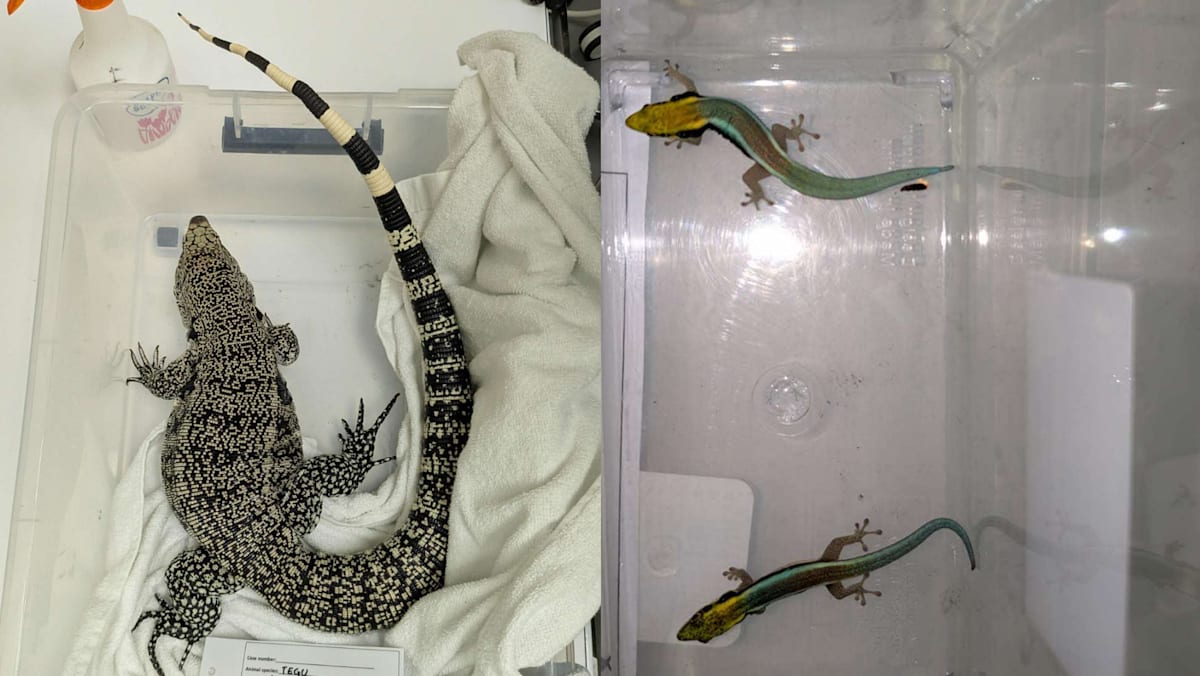Under the Wildlife Act, people must not offer for sale, sell or export any wildlife or any part of a wildlife unless they have the Director-General’s written approval to do so.
Offenders may be fined up to S$50,000 (US$38,500), jailed up to two years, or both.
Those found guilty of illegally importing CITES Appendix I specimens face fines of up to S$100,000 per specimen and imprisonment of up to six years.
Appendix I contains species that face high risk of extinction if their trade is not severely restricted. It includes marine turtles, tigers, elephants and certain species of monkeys.
Those who import animals listed in CITES Appendix II and III may face fines of up to S$50,000 per specimen and imprisonment of up to four years.
The species listed in CITES Appendix II may be threatened to extinction if trade of these species is not regulated. The list includes monitor lizards, seahorses, giant clams and parrots.
Those listed in Appendix III are endangered in some countries, and includes foxes, pheasants and certain species of deer and turtles.
Illegal wildlife trade poses serious risks to animal welfare and public health as smuggled animals may carry diseases that can infect other animals and humans, NParks said.
“NParks urges the public to adopt pets from animal welfare groups or purchase only from licensed pet shops, and to avoid buying from unlicensed sources such as social media or online platforms.”

